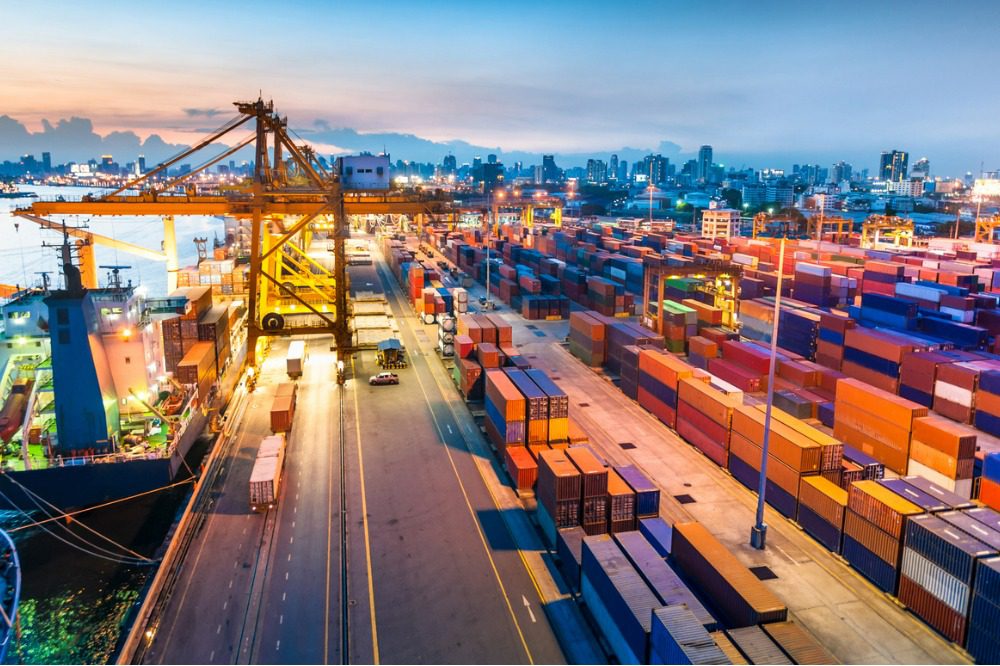COVID-19 prompts companies to rebuild supply chains – WTW

“Businesses have learned from the supply-chain crisis and are actively working to increase their resilience to future shocks, but much more remains to be done,” said Hugo Wegbrans, global head of broking at WTW. “They are more aware of their vulnerabilities and are taking action to deal with them, but they are often hampered by an inability to get hold of detailed data or to achieve full visibility through all the links in the chain.”
Key findings
The report found that:
65% of respondents said supply-chain-related losses were higher or much higher than expected over the past two years, although 58% said the sales impact was short-term
83% have made supply-chain changes, including 18% that completely transformed their approach. 58% plan to make significant changes over the next two years
73% said supplier unwillingness to share commercial information makes full supply-chain transparency difficult to achieve
89% believe insurance of supply-chain risks is “mission critical” or “necessary.” However, 80% said their lack of coverage poses a serious challenge
Only 17% of respondents have specific insurance to cover supply-chain business interruption risks, but 53% believe it is covered by other insurance products
“The impact of increased supply-chain risks remains a challenge for businesses in Australasia too,” said Trent Williams, head of broking for Australasia at WTW. “For example, in the property market, insurers are focused on resilience throughout the supply chain, with insureds needing to pay attention to indemnity periods, limits, ensuring all suppliers and customers are identified, and that supply chain risk is quantified to ensure adequate limits.
“Another example is in construction, where the impact of supply chain issues is still being felt locally. Many projects that have been delayed are now coming to the end of their original construction period and are requiring policy extensions. However, such extensions can be problematic, with insurers looking to change their rating and imposing more restrictive terms and conditions, particularly where there have been claims activity.”
Wegbrans said that many business owners recognise the significance of having insurance. However, more is needed to address supply-chain issues.
“At the moment, insurance to cover purely financial supply-chain losses provides only a wafer-thin patchwork of protection. Major coverage gaps were exposed by the pandemic, and companies remain un- or underinsured,” he said. “Only a quarter of those surveyed feel confident they have sufficient coverage for the impact of extreme weather on their supply chain, for example, and fewer than one in five has specific policies to cover supply-chain BI. Businesses in all sectors need to transfer their significant exposures to achieve true resilience.”





